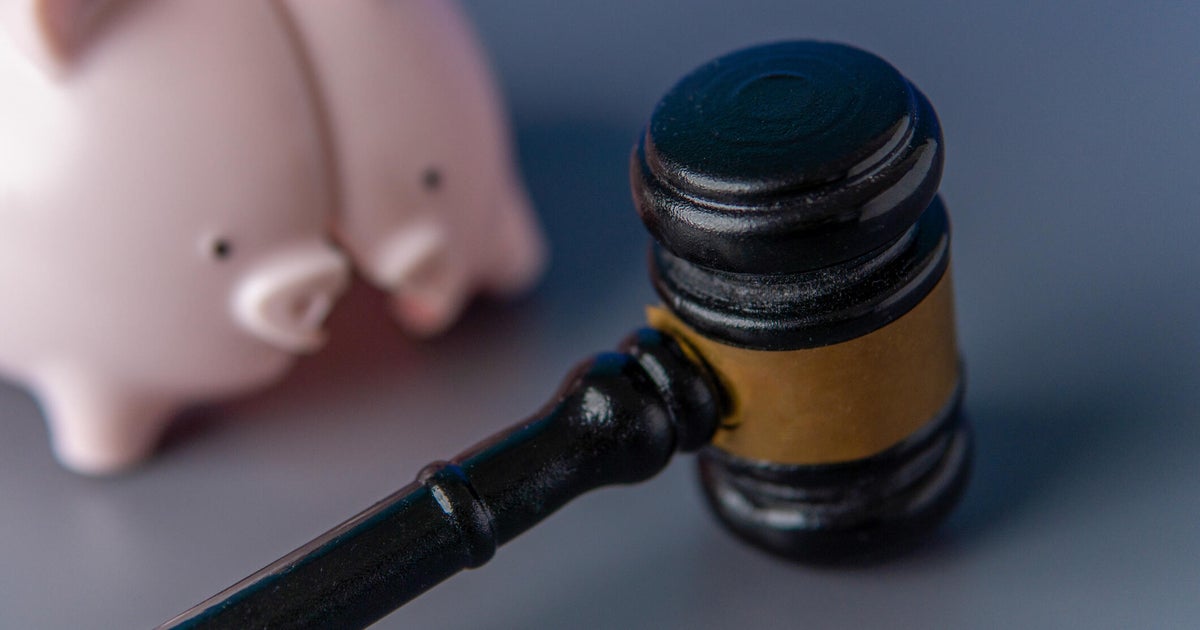Can I get my credit card debt written off?
Credit card debt is a common problem nationwide. The level of credit card debt consumers face recently reached record highs, according to the U.S. Government Accountability Office, and Americans now owe more than $1 trillion to credit card companies.
"Many Americans today are faced with weathering increased costs from higher-than-average inflation over the past two years, while living on an income that is just not keeping up with those inflation rates," says Patrick Yono, founder of Sure Life Financial. "As a result, individuals and families are facing more personal debt than many have ever seen in their lifetime."
So what can you do if you're struggling to find a way to pay off your debt? Do you have to deal with high-interest credit card debt for the foreseeable future or is there a way out?
Get in touch with a debt relief expert to help eliminate your credit card debt today.
Can I get my credit card debt written off?
The simple answer to this question is yes, you can get your credit card debt written off — at least in certain cases. But as you may imagine, there's nothing simple about that process, which often includes negotiations with credit card companies and debt collection agencies. In some cases, it could even include a visit to your local courthouse.
That said, it's not impossible. Here's how you can do it.
How to get your credit card debt written off
Although it may be possible for you to get your credit card debt written off on your own, you'll likely find it difficult to do so. As such, it's best to reach out to a debt relief service to assist you in the process. There are two ways debt relief services can help get rid of your credit card debt:
Debt settlement service
Debt settlement services may not be able to get 100% of your debt written off, but they're often able to wipe out a substantial portion of it. Here's how the process works:
- Payments: You immediately stop paying your creditors when you sign up for a debt settlement program. Instead, you send your payments to the debt settlement company. The debt settlement company will store your payments in a special-purpose savings account until you have enough money to settle your debts.
- Settlement negotiations: The debt settlement company starts negotiations with your lenders as soon as your special purpose savings account has enough of a balance to pay the settlements they reach. Although lenders are under no obligation to accept a settlement offer, they often do.
- The write-off: The debt settlement company pays the lender the settled amount, clearing the debt. The lender then writes off the balance that wasn't paid for as part of the settlement offer. Keep in mind that the amount of money the lender writes off is considered income for tax purposes. So, you'll need to report your settled debts to the IRS.
Debt settlement offers relief in many ways. Not only does it typically result in the reduction of your credit card balances, it often leads to more affordable payments. Moreover, you'll likely pay your debts off far faster than you would if you were to continue making minimum payments.
On the other hand, debt settlement involves foregoing payments to your lenders for several months, if not years. When your debt is settled, it will be reported as such to the credit reporting agencies. So, debt settlement will likely have a detrimental impact on your credit score.
Bankruptcy
Bankruptcy is another way to get your credit card debt written off. Although this is an effective option, you should only use it as a last resort. After all, bankruptcy comes with a significantly negative impact to your credit score that will likely take several years to recover from.
Learn more about your debt relief options here now.
Consider debt consolidation
If you want to get out of debt as quickly as possible, but don't want to deal with the significant credit implications associated with having your debt written off, consider debt consolidation. There are two common ways to consolidate debts:
- Debt consolidation loan: You could take out a loan to consolidate high interest credit card debt. If you do, be sure the new loan's interest is lower than the interest you pay on your credit cards.
- Debt consolidation service: Debt consolidation services typically negotiate lower interest rates and fixed payment plans with your lenders on your behalf. You send a monthly payment to the consolidation service and they send individual payments to your lenders until your debt is paid in full.
The bottom line
If you're struggling with debt, "it is always a good idea to seek the advice of a financial professional," says Yono. An expert "may even offer you alternate solutions that are more beneficial once they get to know you and your specific circumstances." Get in touch with a debt relief expert today to learn more about your options.




